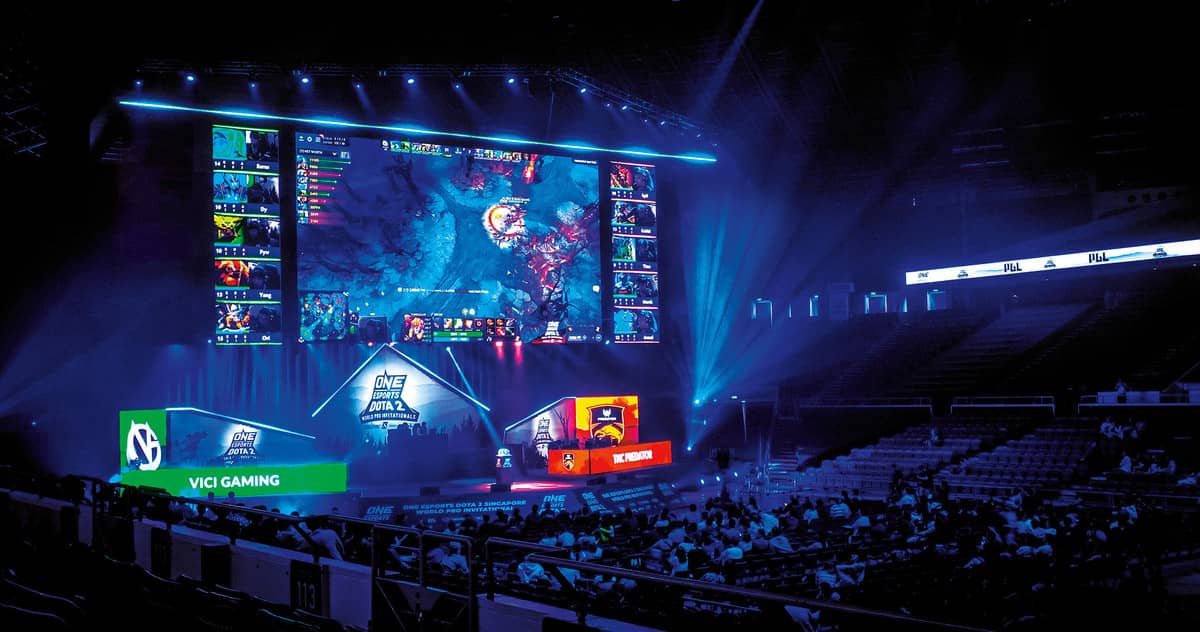In recent years, the world of gaming has undergone a profound transformation, thanks to the advent of Virtual Reality (VR) technology. This innovative technology has not only revolutionized the way we play games but has also opened up a whole new dimension of immersive experiences. In this article, we will take a deep dive into the fascinating world of Virtual Reality gaming, exploring its history, current state, and the exciting possibilities it holds for the future.
Understanding Virtual Reality (VR)
What Is Virtual Reality?
Virtual Reality, commonly referred to as VR, is a technology that creates a simulated environment, often through the use of a VR headset, where users can interact with a computer-generated world. This technology is designed to immerse the user in a digital environment that feels incredibly lifelike.
The Evolution of VR
The concept of VR dates back to the mid-20th century when visionary thinkers and inventors began to explore the idea of a virtual world. However, it wasn’t until the late 20th century and early 21st century that VR technology truly began to take shape.
The Gaming Revolution
VR in Gaming
VR has found its true calling in the world of gaming. It has redefined the gaming experience by allowing players to step inside their favorite virtual worlds. Gamers are no longer mere spectators; they are active participants in the game’s universe.
Popular VR Gaming Platforms
Several VR platforms have gained immense popularity in recent years. Some of the leading names include Oculus Rift, HTC Vive, and PlayStation VR. These platforms offer a wide range of games and experiences, catering to different tastes and preferences.
Immersion Beyond Gaming
VR Beyond Gaming
While VR gaming has taken the spotlight, the applications of Virtual Reality extend far beyond the gaming industry. It is being used in fields such as healthcare for medical simulations, in education to create interactive learning environments, and even in architecture and design for virtual walkthroughs of buildings and spaces.
The Future of Virtual Reality
Advancements in VR
The future of Virtual Reality holds exciting prospects. Advancements in hardware and software are making VR experiences even more realistic and accessible. We can expect higher resolutions, more intuitive controllers, and a wider selection of immersive content.
Challenges to Overcome
Despite its immense potential, VR still faces challenges, including issues related to motion sickness, high costs, and the need for powerful hardware. However, the industry is actively working to overcome these obstacles.
Conclusion
Virtual Reality has transformed the way we experience games and interact with digital environments. It has blurred the line between reality and the virtual world, offering a level of immersion that was once unimaginable. As technology continues to advance, we can only anticipate even more astonishing developments in the world of VR.
Now, let’s address some common questions:
FAQs
- What is the primary purpose of Virtual Reality technology?
Virtual Reality technology is primarily used to create immersive digital environments where users can interact with a computer-generated world. While it’s most commonly associated with gaming, it has applications in various fields. - What are some popular VR gaming platforms?
Some of the leading VR gaming platforms include Oculus Rift, HTC Vive, and PlayStation VR. These platforms offer a wide range of games and experiences. - Are there any challenges associated with VR technology?
Yes, VR technology faces challenges such as motion sickness, high costs, and hardware requirements. However, ongoing advancements aim to address these issues. - What industries besides gaming benefit from VR technology?
VR technology is used in healthcare for medical simulations, in education for interactive learning, and in architecture and design for virtual walkthroughs, among other industries. - How is VR technology expected to evolve in the future?
The future of VR holds promises of higher resolutions, more intuitive controllers, and a wider selection of immersive content as technology continues to advance.












